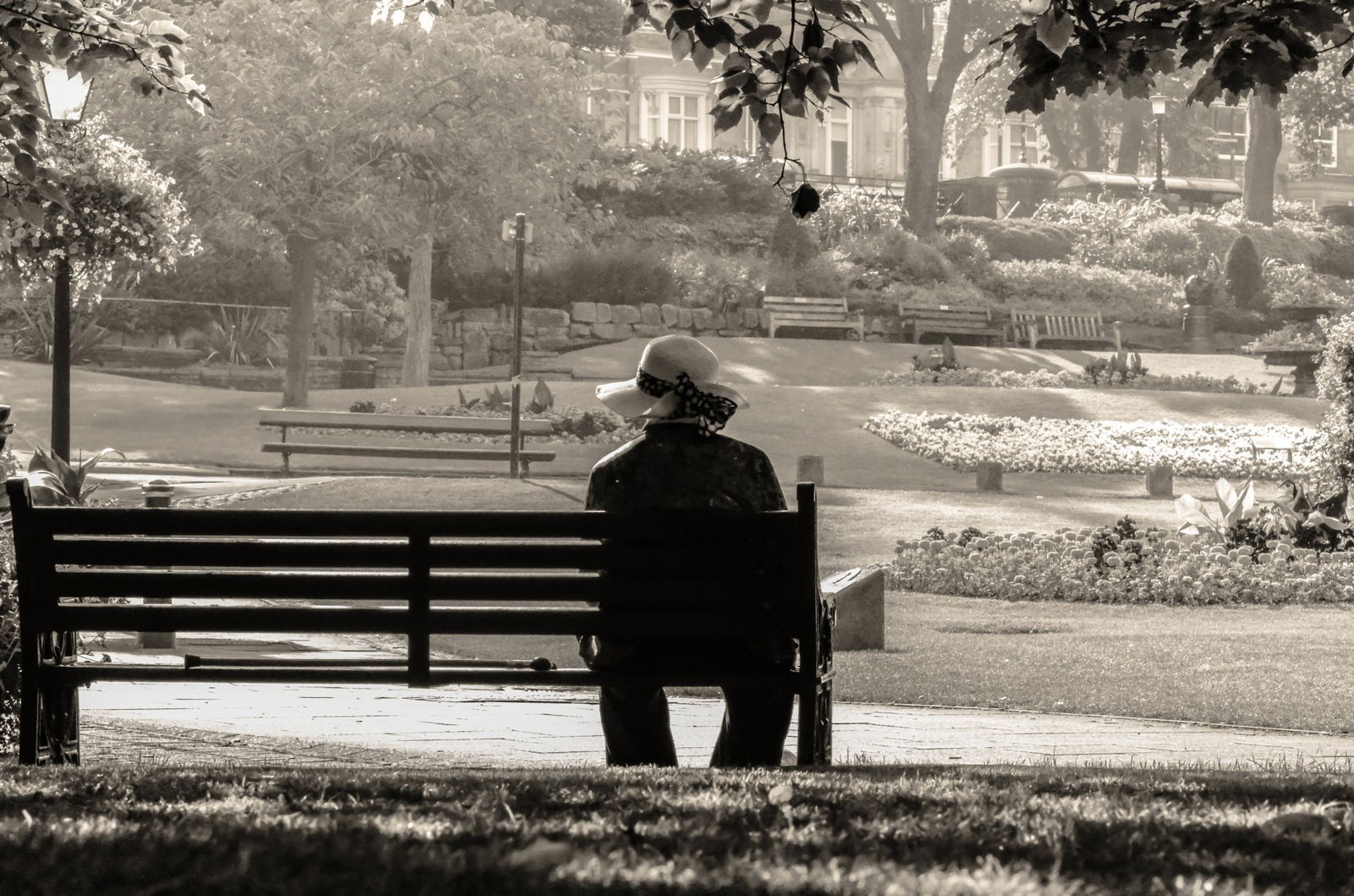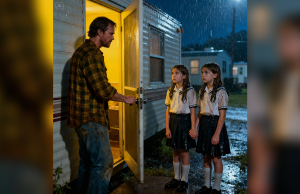
My grandparents lived to be more than 80 years old. Whenever we visited them, their faces would light up with joy, and they would gather the finest foods and treats before our departure. It was all for us, their beloved grandchildren. As I matured, I came to realize that those moments were the most precious and fulfilling for them, especially as they grew older and neared the end of their journey in this world. Throughout much of their lives, they had experienced solitude and bouts of loneliness.
In fact, as we navigate the journey of life, it’s essential to acknowledge the various emotional experiences that come with it. Loneliness is a universal human emotion that, unfortunately, tends to become more pronounced as we age. Here I’d like to shed light on why many of us may feel lonelier as we grow older and discuss ways to address this important issue.
Shifting Social Circles:

Our social circles often evolve as we age. Friends move away, retire, or become less available due to their own life responsibilities.Children grow up and leave the nest, resulting in a significant change in daily interactions.
Health Challenges:
Aging often brings health challenges, which can limit mobility and make it difficult to engage in social activities.Chronic illnesses or medical conditions may necessitate more time spent on self-care, leaving fewer opportunities for social interaction.
Loss of Loved Ones:
One of the most significant contributors to loneliness in old age is the loss of loved ones, including spouses, friends, or siblings.Grief and bereavement can be overwhelming, leading to a profound sense of isolation.
Reduced Societal Engagement:
As people retire or become less involved in their careers, they may also withdraw from societal activities and community engagement.This reduced involvement can lead to a sense of disconnection from the broader community.
Fear of Burdening Others:
Older adults may hesitate to reach out to friends and family due to a fear of burdening them with their problems or concerns.This reluctance to share feelings can lead to increased social isolation.
Changing Communication Patterns:
Technology has fundamentally altered the way we communicate, and older individuals may not be as comfortable with or reliant on digital forms of communication.This can create a disconnect from younger generations who primarily communicate through smartphones and social media.
Addressing Loneliness in Old Age:

It’s really important to understand that loneliness in our later years isn’t something we’re doomed to experience. There are practical steps we can take to fight it and ensure our lives remain full and connected.
First and foremost, taking good care of our health is a big deal. When you’re healthy, life in your golden years can be a lot happier. But that’s not all. There are plenty of other things you can do to make your life in old age truly wonderful and fulfilling.
Cultivate New Social Connections:
Actively seek out new social connections by joining clubs, volunteer organizations, or attending local events.These activities can provide opportunities to meet new people and forge meaningful relationships.
Maintain Existing Relationships:
Nurturing existing friendships and family connections is equally important.Regularly reach out to loved ones and make an effort to stay connected.
Seek Support:
If you’re going through a tough time, don’t be afraid to reach out for help when dealing with grief, loss, or emotional struggles. Support groups, therapy, or counseling can be incredibly valuable resources for working through your emotions and gaining a deeper understanding of yourself.
Embrace Technology:
While it’s true that technology can sometimes make us feel lonelier, it’s important to recognize that it can also be a powerful tool for staying connected. Learning how to use digital platforms to communicate with friends and family can help bridge generational gaps and keep those important connections alive and thriving.
Stay Physically Active:
Engaging in physical activities suitable for your age and physical condition can boost your mood, improve health, and provide opportunities for social interaction.
Loneliness among seniors is a widespread concern, but it’s not something we have to accept as an unchangeable reality. By comprehending the factors that contribute to this issue and taking proactive measures to combat it, we can lead more fulfilling and connected lives as we age. Let’s join forces to raise awareness about this crucial topic and strive for a future where aging is marked by wisdom and meaningful connections rather than isolation.
Source: LinkedIn




















